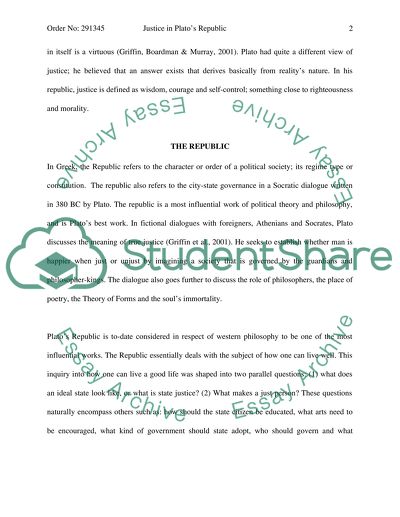Cite this document
(“Justice in Greek Philosophy Essay Example | Topics and Well Written Essays - 1500 words”, n.d.)
Justice in Greek Philosophy Essay Example | Topics and Well Written Essays - 1500 words. Retrieved from https://studentshare.org/philosophy/1513570-justice-in-greek-philosophy
Justice in Greek Philosophy Essay Example | Topics and Well Written Essays - 1500 words. Retrieved from https://studentshare.org/philosophy/1513570-justice-in-greek-philosophy
(Justice in Greek Philosophy Essay Example | Topics and Well Written Essays - 1500 Words)
Justice in Greek Philosophy Essay Example | Topics and Well Written Essays - 1500 Words. https://studentshare.org/philosophy/1513570-justice-in-greek-philosophy.
Justice in Greek Philosophy Essay Example | Topics and Well Written Essays - 1500 Words. https://studentshare.org/philosophy/1513570-justice-in-greek-philosophy.
“Justice in Greek Philosophy Essay Example | Topics and Well Written Essays - 1500 Words”, n.d. https://studentshare.org/philosophy/1513570-justice-in-greek-philosophy.


